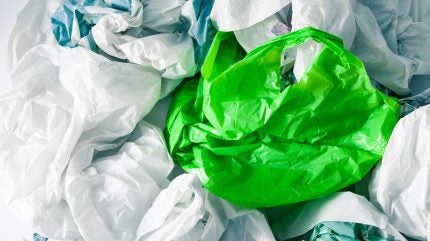
The Philippines Department of Finance (DOF) has proposed an excise tax on single-use plastic (SUP) bags as part of measures to address climate change.
This measure is part of the country’s efforts to manage the high volume of mismanaged plastics and align with global sustainable practices while generating revenue for economic growth.
The DOF’s proposal includes a 100 pesos ($1.7) per kilogram excise tax on SUP bags, with a 4% annual indexation starting in the third year.
This weight-based rate is designed for fairer tax administration and does not exclusively target the plastic industry, as similar strategies have been applied to goods such as alcohol, tobacco, and cars.
In comparison to international standards, the Philippines’ tax rate per bag is significantly lower, with the UK charging 326 pesos per bag, the Republic of Ireland 12 pesos, and 3 pesos in Virginia, US.
The proposed tax will affect non-recyclable SUP bags such as ‘ice’, ‘labo’, or ‘sando’ bags.
The price increase for these bags will be minimal, with labo bags rising 0.47 pesos to 0.82 pesos and sando bags from 0.51 pesos to 0.91 pesos.
The expected revenue of 31.52bn pesos from 2025 to 2028 will support the country’s Department of Environment and Natural Resources’ solid waste management programmes.
The World Bank identifies the Philippines as the third-largest source of mismanaged plastic waste entering the oceans, contributing 750,000 tonnes annually.
DOF Fiscal Policy and Monitoring Group officer-in-charge and undersecretary Karlo Fermin S Adriano said: “When a good has some negative externalities, meaning the consumption or use of a product causes some social cost, we try to regulate that through taxation. In the case of single-use plastic, the social cost is mismanaged waste, which is related to climate change.”



